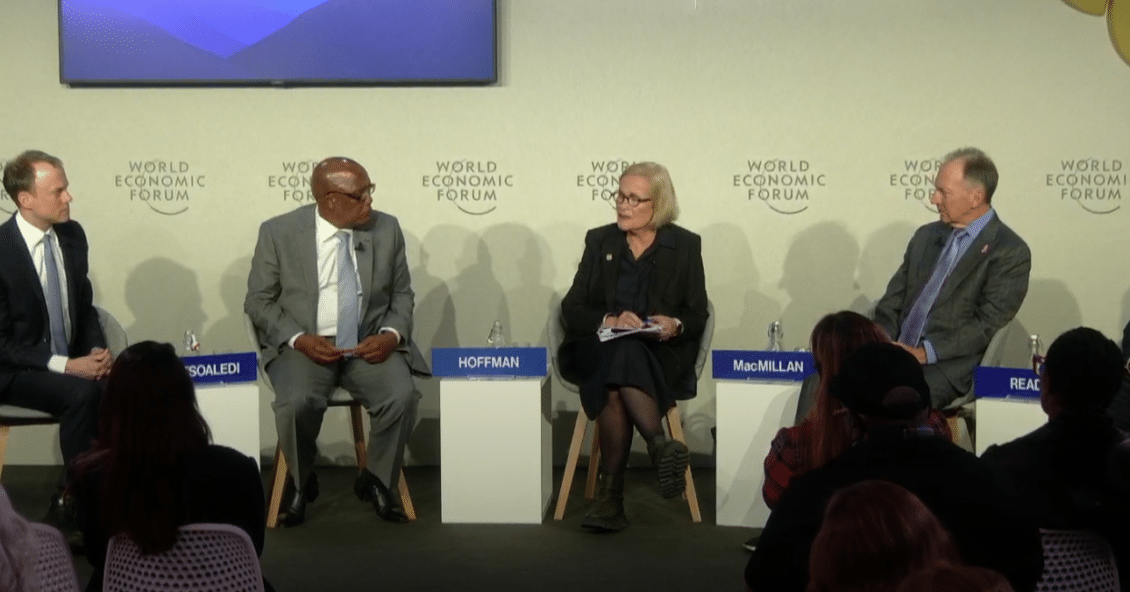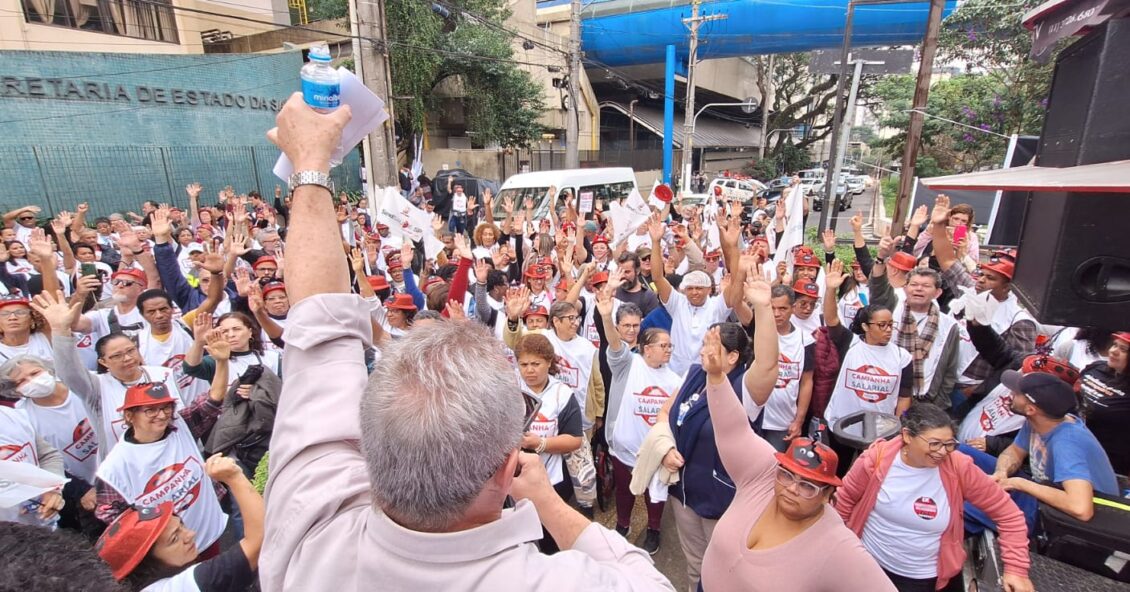UNI GS on speaks to mental health at WEF: “We need to change the work so it is less traumatic”
24.01.25
In a recent World Economic Forum panel titled Mind Matters: Mental Health at Work, Christy Hoffman, General Secretary of UNI Global Union, spotlighted a growing crisis resulting from the rise of bossware, like algorithmic and AI-driven monitoring programs.
“People are surveilled or monitored far more than they ever were before,” Hoffman told the panel. “This accelerated during COVID, and it causes huge amounts of stress for many workers . . . and is the number one complaint in so many workplaces. The intensification of work, made worse by this constant oversight, has pushed many workers to their breaking point.”
Particularly affected by the relentless nature of work are data supply chain workers, like content moderators, data labellers, fact checkers and other. On top of quotas that can be as high as reviewing 120 pieces of content an hour, these workers are often looking at the most extreme, egregious content imaginable.
“They could be looking at hundreds and hundreds of videos for hours on end, showing various degrees of really harmful, violent and emotionally impactful content,” she said. The psychological toll is immense, with many developing post-traumatic stress disorder. Some report being unable to sleep or relate to their families after viewing such disturbing material day after day.”
The need for urgent action is clear, and particularly for data workers, traditional mental health support alone is insufficient. “It’s not just enough to say, if you need psychological help, we have someone available,” she said.
Instead, systemic changes in how work is structured are needed. Solutions include rotating workers to limit exposure to harmful content, reducing the pace of work, and mandating mental health training and support. Importantly, such measures must be integrated into the workday to ensure accessibility for all.
While AI will hopefully be able to better augment these workers, their work is not going away soon. Instead of trying to get rid of these workers, who are essential to a safe, accurate internet, “we need to change the work so that it is less traumatic.”
Hoffman also co-authored an essay, published by the WEF, on the necessity to include workers and their unions in technology decision-making to ensure fairness, respect for rights and trustworthy outcomes.
Other presenters on the panel included Bill Ready, Chief Executive Officer of Pinterest; Stephen P. MacMillan, Chairman, President, and Chief Executive Officer of Hologic; David Rhodes, Executive Chairman of Sky News Group, Sky News – BSkyB; and Pakishe Aaron Motsoaledi, Minister of Health of the Ministry of Health of South Africa.


